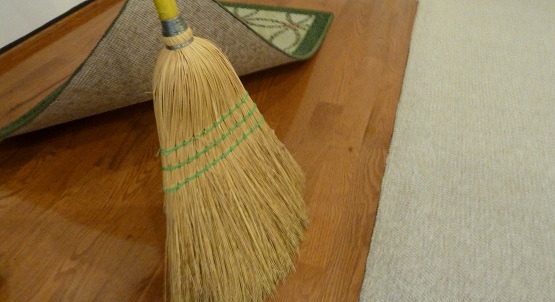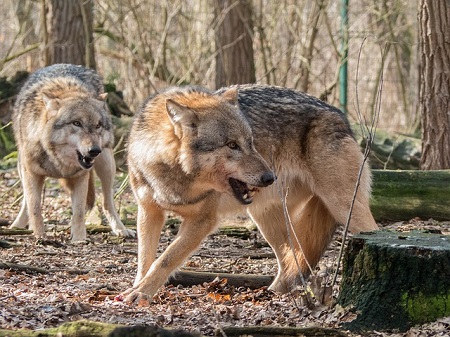Come Clean
 Come clean is the opposite of sweep under the rug.
Come clean is the opposite of sweep under the rug.
When we come clean, we admit we did wrong.
We choose to:
- Stop hiding our mistakes
- Confess
- Tell the truth
To come clean is not always fun.
We often act like children who hate to take a bath. Rather than do what we know we should do, we:
- Deny we are dirty
- Delay coming clean as long as we can
Yet, when we come clean, we look and feel better.
- The dirt is gone.
- The smell is gone.
- Our health improves.
In many ways, our lives are like a river.
When dirt fills the river, the water gets muddy. It can be used for little.
However, once the dirt washes away, the river becomes useful again.
When God washes the dirt from our lives, we become clean and useful.
Today seems the perfect day for that fresh start. What do you think?
“Wash away my wrongdoing! Cleanse me of my sin!” (Psalm 51:2 NET)
Do you have an expression you want explained or a thought about this one? If so, please comment below.
Subscribe to receive my weekly posts by email and receive a free copy of “Words of Hope for Days that Hurt.”
If you enjoyed this post, please share it with your friends.

 We read about a wolf in sheep’s clothing in Aesop’s Fables and the Bible. Both show the danger of an enemy who looks like a friend.
We read about a wolf in sheep’s clothing in Aesop’s Fables and the Bible. Both show the danger of an enemy who looks like a friend.
 Please welcome my friend Sue Davis Potts as today’s guest writer. Sue and I met at
Please welcome my friend Sue Davis Potts as today’s guest writer. Sue and I met at  Some things can’t be undone.
Some things can’t be undone. A person who goes beyond the call of duty does more than required.
A person who goes beyond the call of duty does more than required. Everyone knows we cross a bridge when we come to it.
Everyone knows we cross a bridge when we come to it. Prayer prepares us to cross a bridge when we come to it.
Prayer prepares us to cross a bridge when we come to it. Dogs (especially puppies) often get in trouble. They:
Dogs (especially puppies) often get in trouble. They: Some people think they are better than others.
Some people think they are better than others.  Many of us love spending time with children who are knee high to a grasshopper. They are:
Many of us love spending time with children who are knee high to a grasshopper. They are: If we are poor as a church mouse, we are the poorest of the poor.
If we are poor as a church mouse, we are the poorest of the poor.